Continental, a leading technology company, has introduced Zone Control Units (ZCUs) as a pivotal component in the advancement of server-based architectures for European and Asian car manufacturers. These ZCUs facilitate streamlined communication between electronic components within specific vehicle zones, optimizing data flow and reducing complexity. They serve as a crucial link between sensors, actuators, and high-performance computers, enabling seamless interaction across domains and supporting over-the-air software updates.
Jean-François Tarabbia, Head of Architecture and Networking at Continental, highlights the company’s rapid response to customer orders, leveraging a platform-based approach for efficient series production within a short timeframe. By consolidating electronic connections within localized vehicle sections, ZCUs replace numerous individual control units, thereby simplifying the architecture, reducing weight, and ultimately lowering CO2 emissions.
The ZCUs are connected to high-performance computers via robust Ethernet links, facilitating features such as hardware-software separation, cybersecurity, and update capability. They handle various tasks including control, real-time functions, communication management, and decentralized energy supply, while supporting future 48-volt electrical systems and ensuring compliance with safety standards.
Continental emphasizes the scalability of its ZCU portfolio, offering tailored solutions to meet specific application requirements. By serving as localized data nodes, ZCUs simplify data management and service provision, while ensuring secure installation of updates. Their modular structure allows for optimal adaptation to diverse vehicle models, reducing validation efforts and accelerating development timelines.
Dragos Bohotineanu, Head of ZCU product group at Continental, underscores the significance of ZCUs in managing complexity and driving efficiency in software-defined vehicles. As the automotive industry evolves towards greater software integration and connectivity, the role of ZCUs as integral components of the electrical and electronic architecture is expected to further expand, contributing to enhanced vehicle performance and functionality.


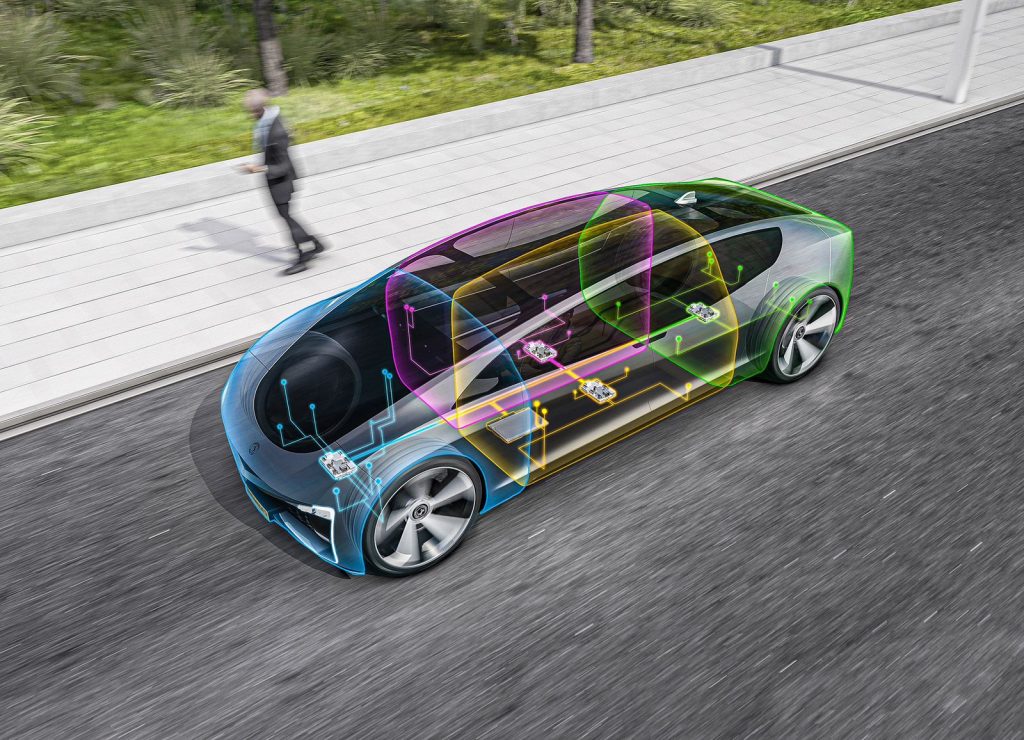


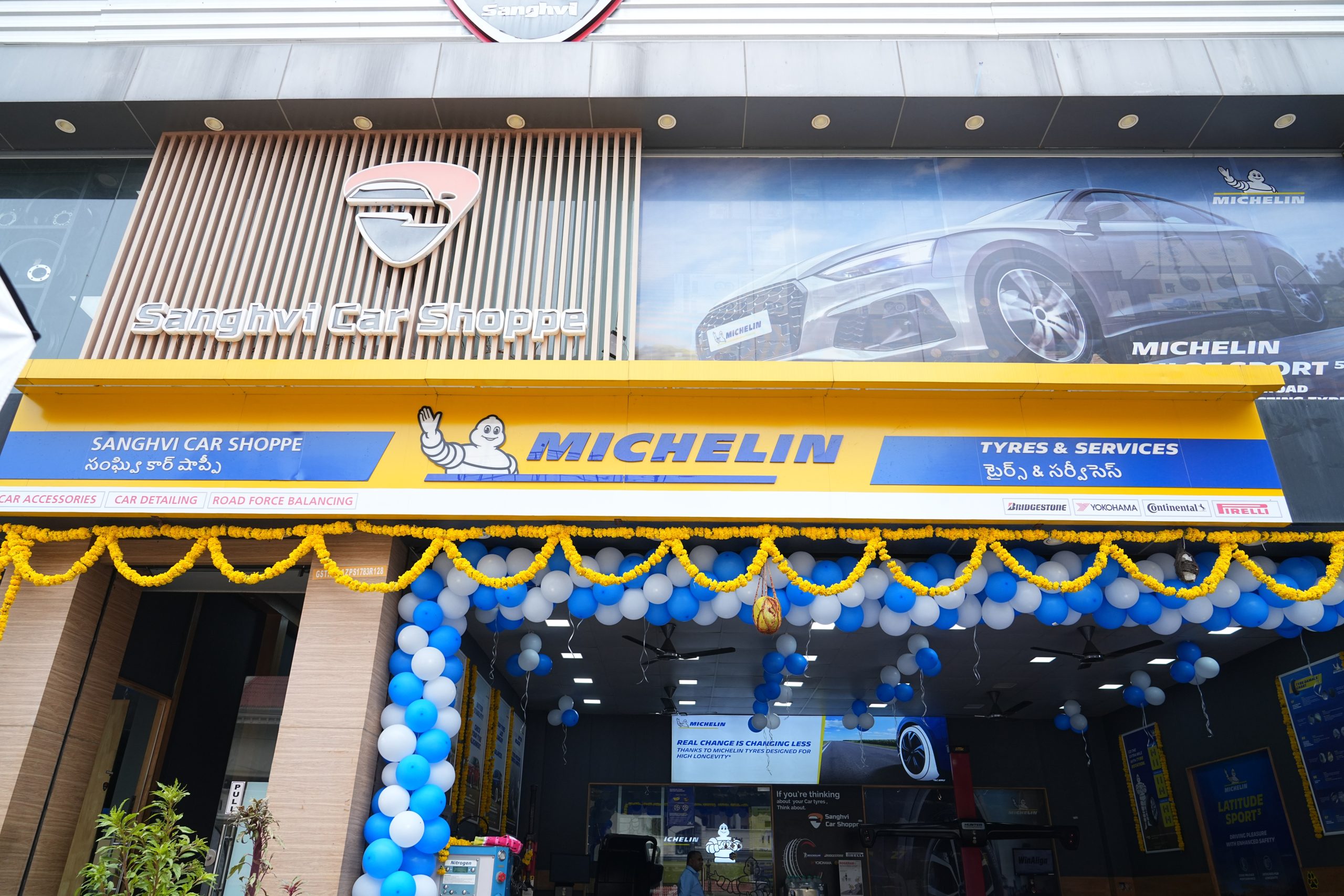

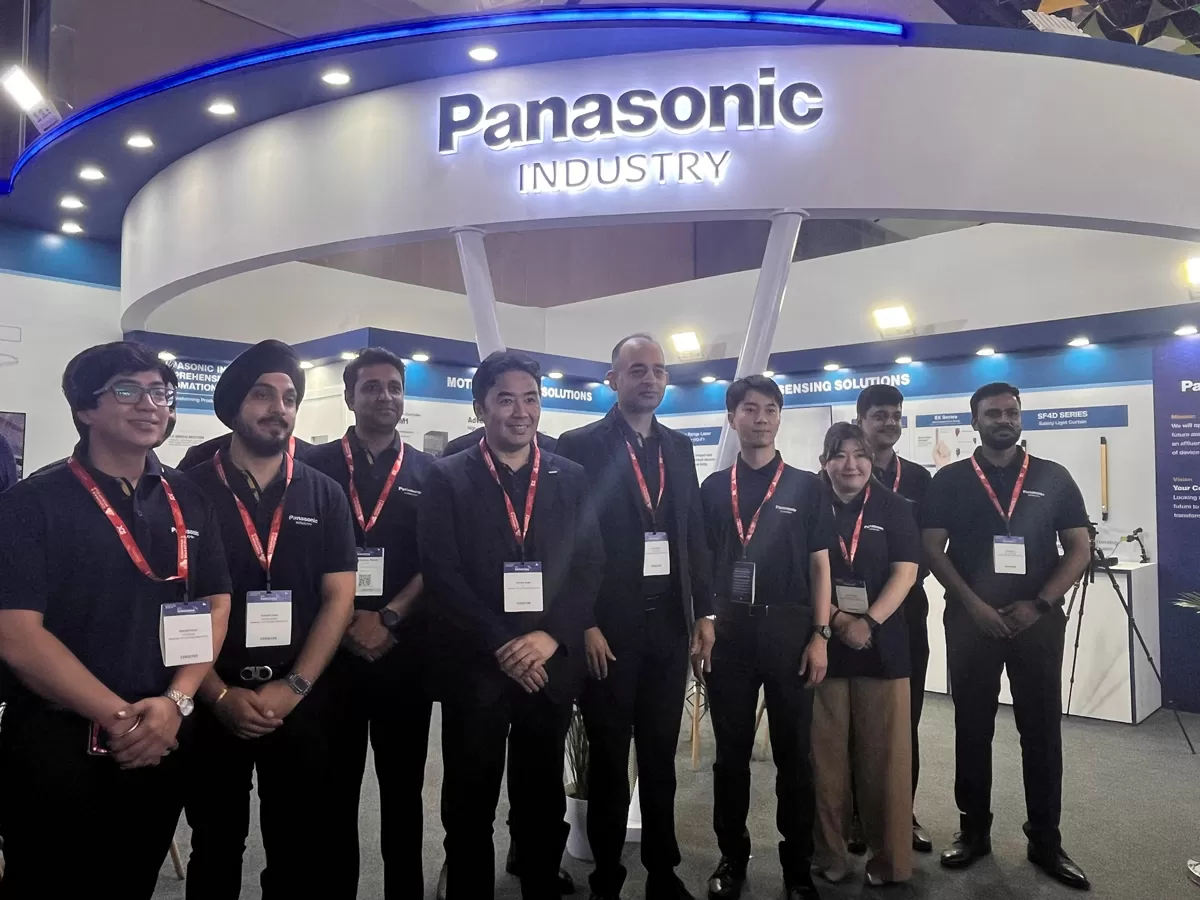
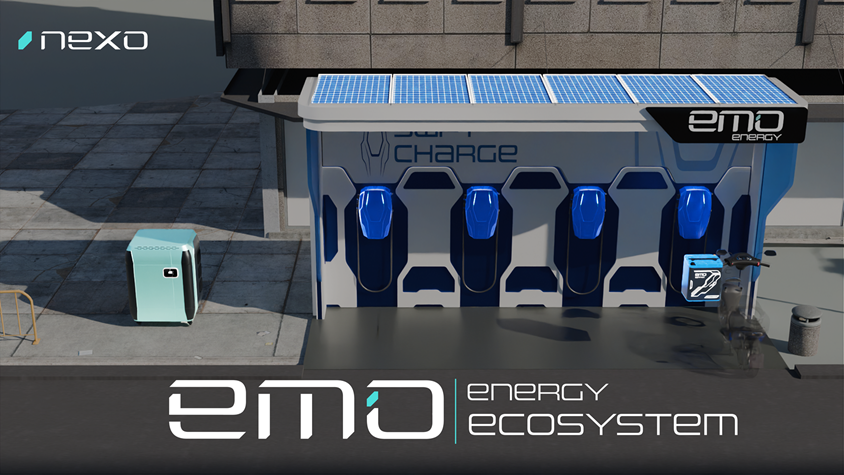
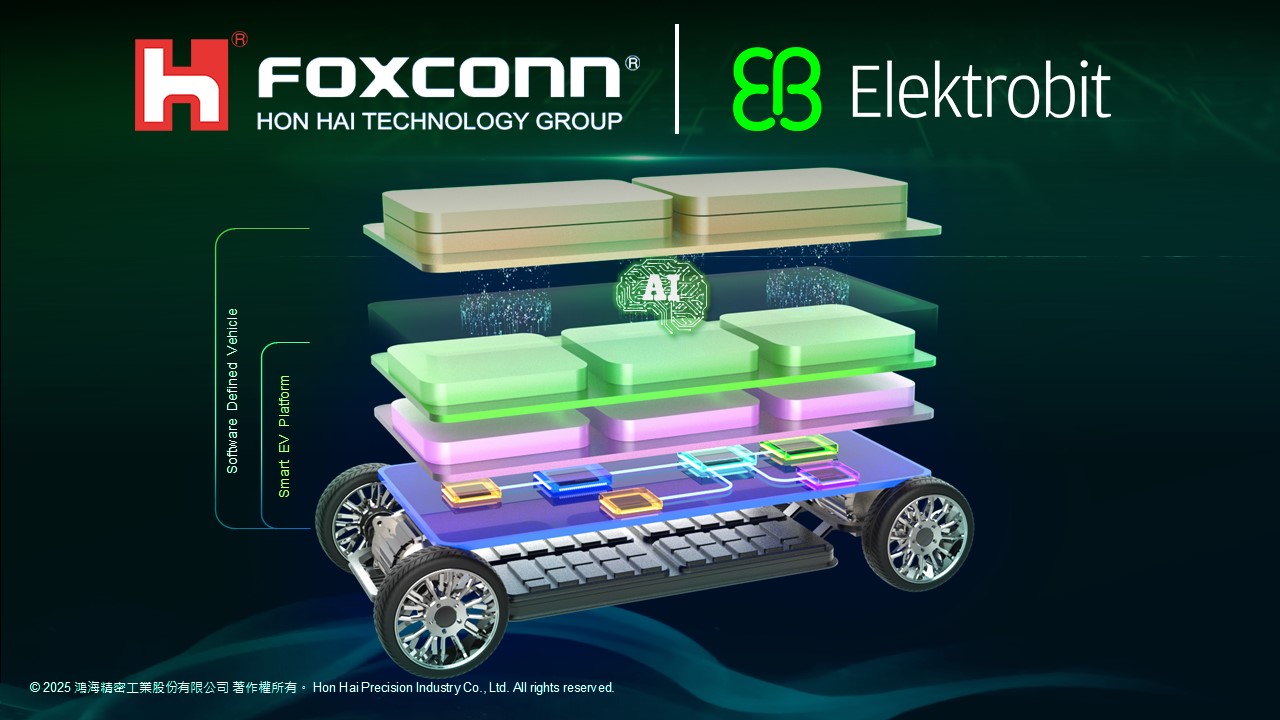


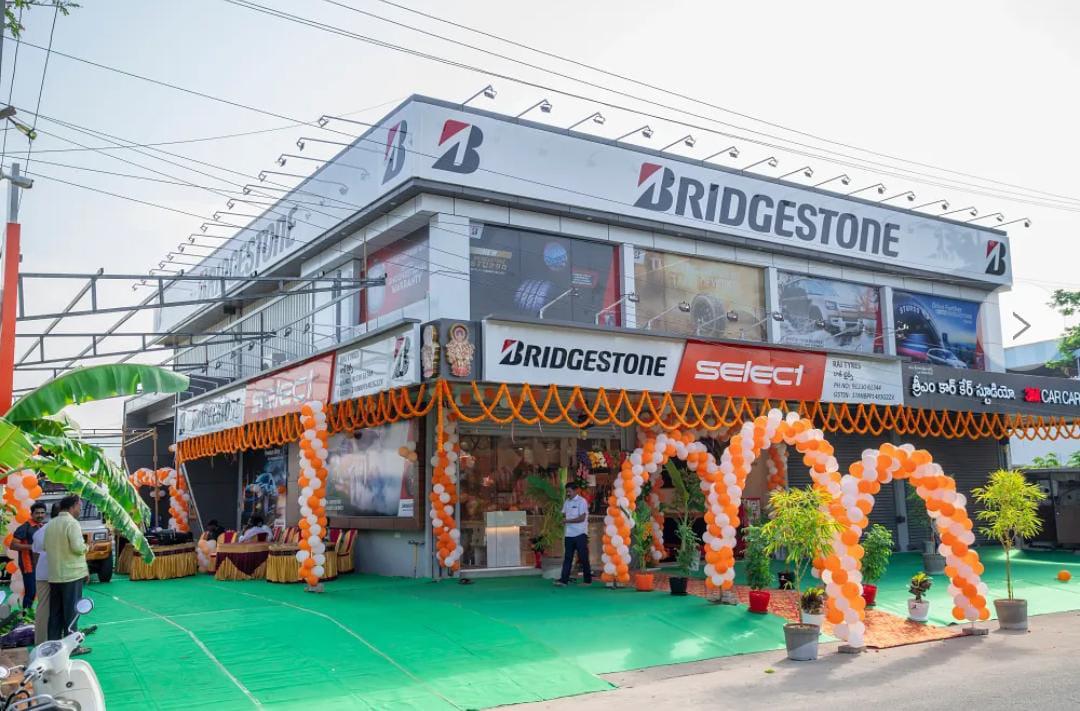
Leave a Reply